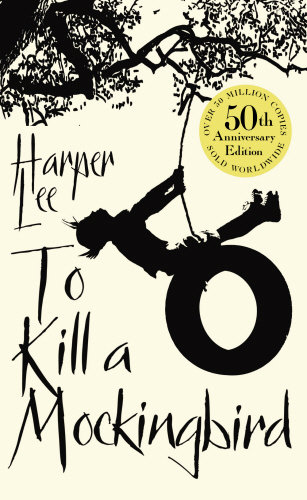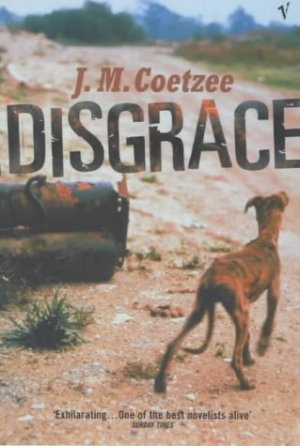 Although I only met her once, from what I hear about my Malaysian Great Grandma or Muttachi, she had a pretty mega life. She was born the same day the Titanic sank in Kerala. Aged 14 she was shipped off to Mayalsia to marry a man she didn’t know. She lived through the Japanese invasion of the country during WW2. She raised 11 children. When she passed away just over a year ago aged 100, she probably took about a thousand stories and secrets with her, I’m certain that if her life had been recorded it would turn out something like this book. The Rice Mother is a family saga, which seems to me to have many echoes of Muttachi’s own life right from the start.
Although I only met her once, from what I hear about my Malaysian Great Grandma or Muttachi, she had a pretty mega life. She was born the same day the Titanic sank in Kerala. Aged 14 she was shipped off to Mayalsia to marry a man she didn’t know. She lived through the Japanese invasion of the country during WW2. She raised 11 children. When she passed away just over a year ago aged 100, she probably took about a thousand stories and secrets with her, I’m certain that if her life had been recorded it would turn out something like this book. The Rice Mother is a family saga, which seems to me to have many echoes of Muttachi’s own life right from the start.
The story begins in Sri Lanka, where arrangements are made for a fourteen year old girl to marry a rich Malaysian man, who is more than twice her age. Lakshmi doesn’t even see her betrothed until her wedding day. Her mother is convinced that the match will improve Lakshmi’s life significantly, but upon landing in Malaysia after a hellish journey at sea, Lakshmi discovers that her mother has been deceived, and that her husband is a poor man with a mountain of financial debt. Despite his part in the deception, Lakshmi’s husband is a good man, and Lakshmi starts to build a life for them from scratch.
As the years go on, they have six children together, and their family and turn of good fortune grows. Then, in the summer of 1941, the Japanese invade Malaysia, and a reign of terror begins.
At first Lakshmi narrates the story, and then every member of her family spanning over four generations re-tell this family saga from their perspective. It’s epic and really tragic. From moments of suffering and cruelty at the hands of the Japanese soldiers, to moments of suffering and cruelty inflicted by members of Lakshmi’s own family. There’s a bit at the end of the novel where Lakshmi’s great grand-daughter descends into a state of trauma, reciting nursery rhymes as she uncovers the truth behind her family history, that’s just so intense.
Even though I’m not a big fan of some of the flowery language, it’s great story-telling, and I would highly recommend it.


You must be logged in to post a comment.